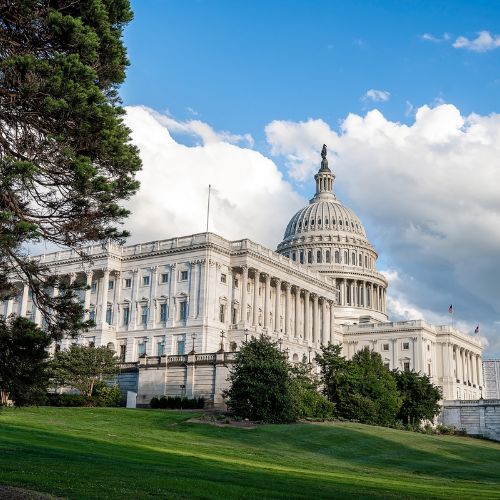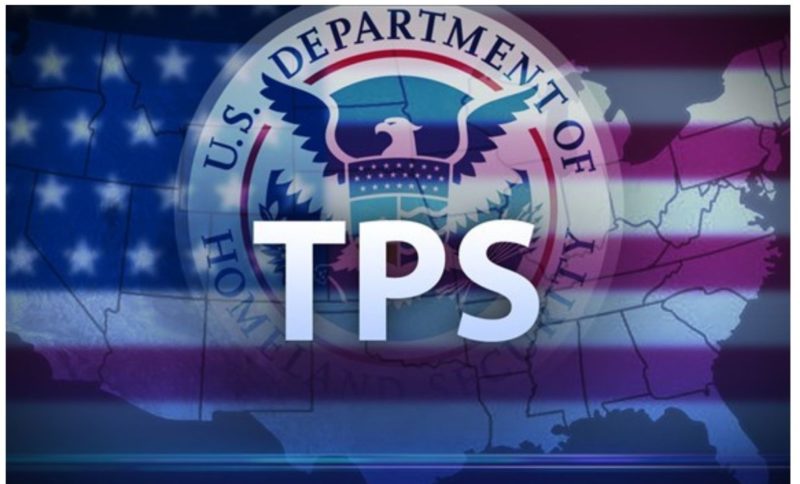
What does the U.S. Supreme Court Say About the Constitutionality of the President’s Executive Order?
President Obama announced an Executive Order last Thursday to consider Deferred Action for millions of undocumented immigrants. On the aftermath of the announcement I have been following the different social networks with respect to the reactions from different sectors regarding this measure. Some people strongly support it. Others strongly oppose it. This post is directed to a third group that has vehemently characterized the Executive Order as unconstitutional, and have even demonized the President as a king or monarch who is abusing the powers given to him.
Contrary to what many people claim, executive orders granting deferred action or similar immigration benefits are very old. In the 1960’s over 600,000 Cubans and 300,000 Southeast Asians were granted parole by the President. In the 1970’s President Reagan granted deferral of deportations to 200,000 Nicaraguans. In 1987 President Reagan granted deferral of deportations to children under the age of 18 who lived with parents that were legalizing under the 1986 amnesty. In 1990 president George H.W. Bush expanded the deferral of deportation to cover also spouses of persons who were legalizing under the 1986 amnesty. This measure protected close to 1,500,000 undocumented immigrants, over 40% of the total number at that time. More recently President Clinton granted Deferred Enforced Departure for Haitians present in the United States before 1995, and President George W. Bush granted deferred action for foreign academic students affected by Hurricane Katrina, and deferred enforcement departure for Liberians whose TPS had expired. These are just some examples, but the list is longer.
As a constitutional republic, the United States Supreme Court has the last word on the constitutionality of the Executive Order announced by the President. Therefore, instead of arguing back and forward on social networks with respect to the constitutionality of the President’s Executive Order, I decided to find what the federal courts, especially the Supreme Court, have said about this in the past.
The federal courts have consistently held that the executive has prosecutorial discretion to enforce the laws. In Romeiro de Silva v. Smith, the Court of Appeals for the 9th Circuit held that “the deferred action category recognizes that the service has limited enforcement resources and that every attempt should be made administratively to utilize these resources in a manner which will achieve the greatest impact under the immigration laws”. 773 F.2d 1021, 1024 (9th Cir. 1985).
In Pasquini v. Morris, the Appeals Court for the 11th Circuit held that granting or withholding deferred action “is firmly within the discretion of the INS” and therefore can be granted or withheld “as [the relevant official] sees fit, in accord with the abuse of discretion rule when any of the [then] five determining conditions is present”. 700 F.2d 658, 662 (11th Cir. 1983).
Most important, in Arizona v. United States, the United States Supreme Court held that “[a] principal feature of the removal system is the broad discretion exercised by immigration officials. … Federal officials, as an initial matter, must decide whether it makes sense to pursue removal at all. Discretion in the enforcement of immigration law embraces immediate human concerns. Unauthorized workers trying to support their families, for example, likely pose less danger than alien smugglers or aliens who commit a serious crime. The equities of an individual case may turn on many factors, including whether the alien has children born in the United States, long ties to the community, or a record of distinguished military service”. 132 S.Ct. 2492, at 2499 (2012).
Therefore, whether you support or oppose the Executive Order announced by the president, that’s your own business and I respect your opinion. But please stop raising the “king”, “monarch”, or “unconstitutional” card because, unless the issue is presented again to the Supreme Court and they reverse themselves, the measures adopted by the president last week are constitutional.





